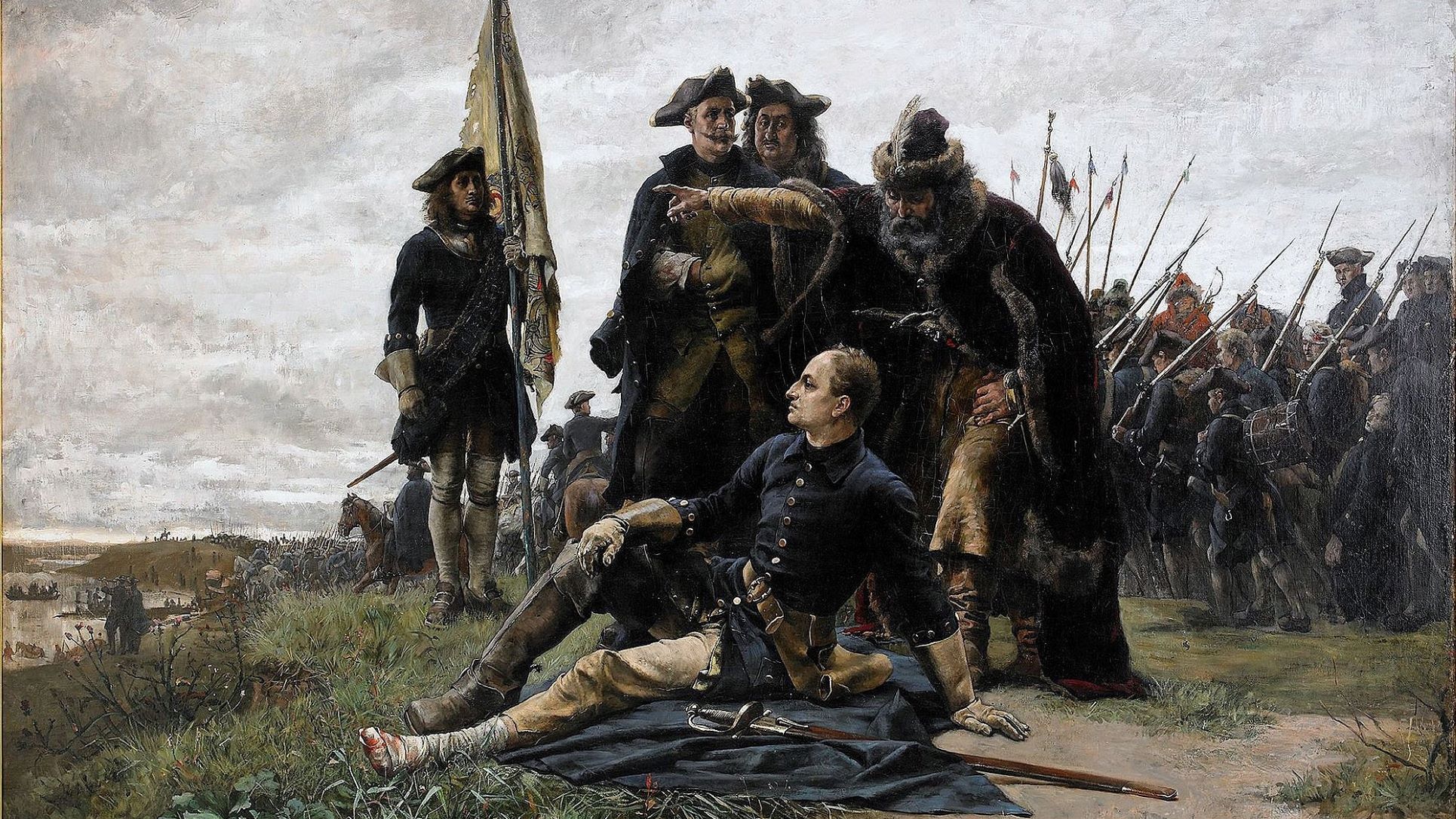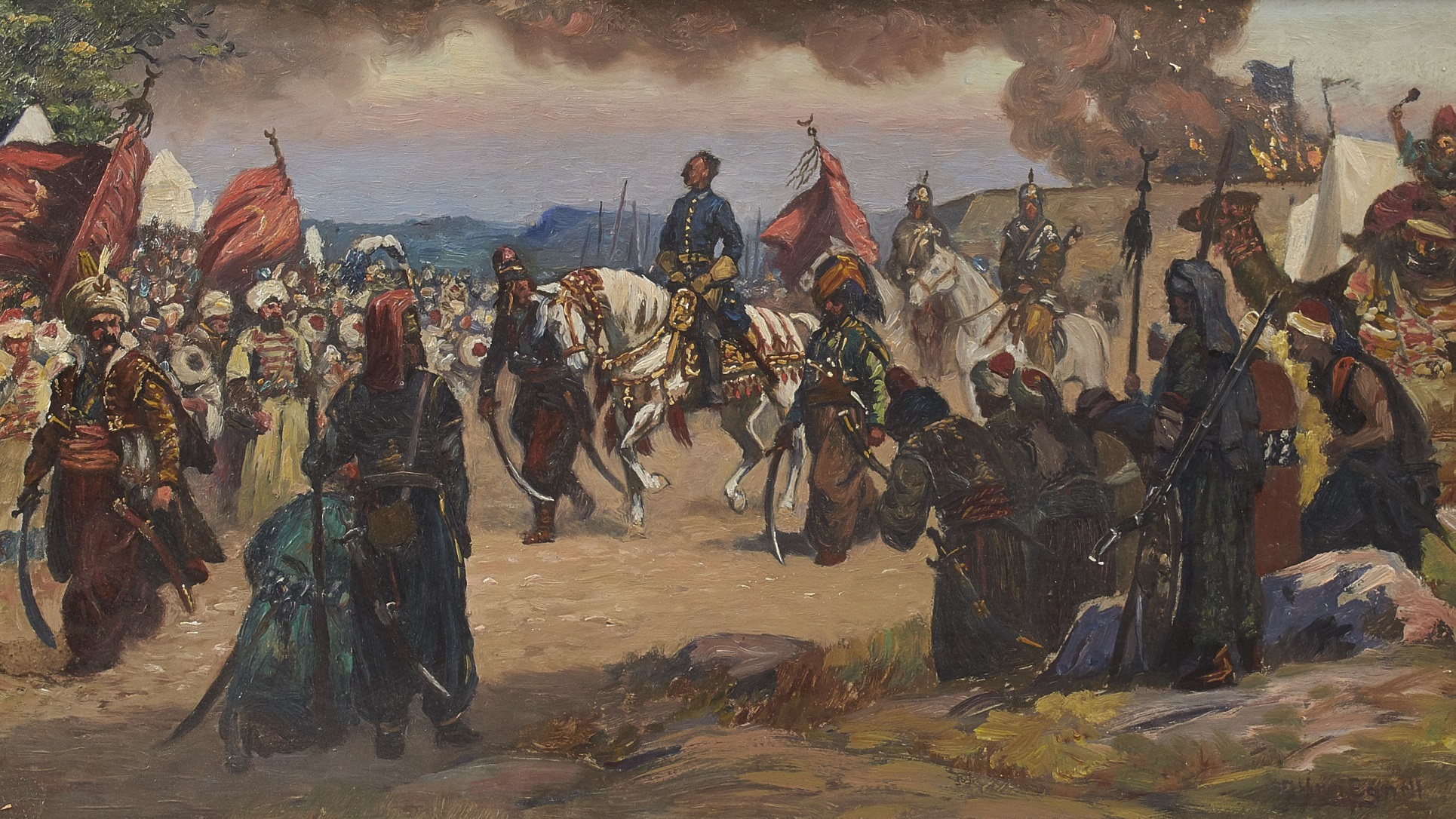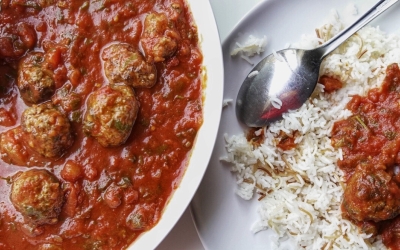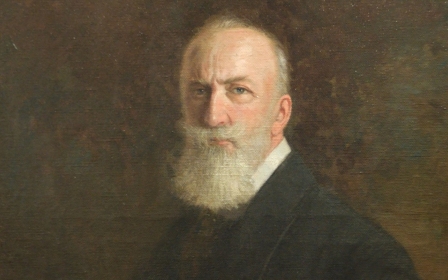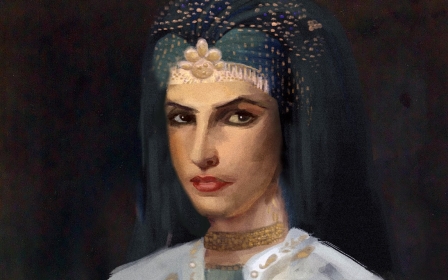Meatballs and militancy: How a Swedish king became the bane of the Ottoman Empire
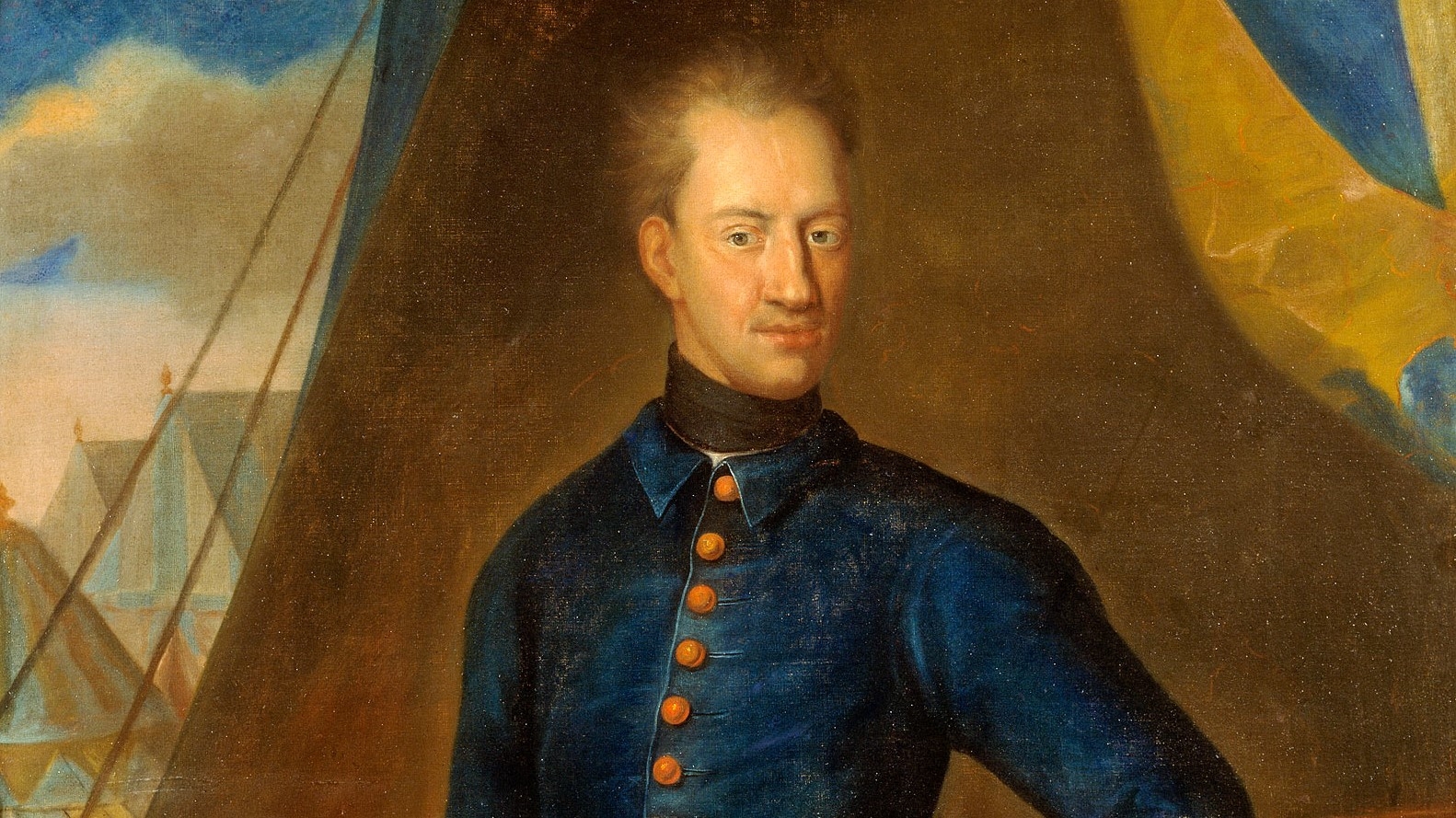
In July 1709, Sweden’s hopes of establishing itself as the main power in northern and eastern Europe came to an end with defeat against Peter the Great’s Russians at the Battle of Poltava in what is now Ukraine.
This catastrophic defeat for the Swedes would be the start of its decline as a major European power and eventually consign its interests to little beyond Scandinavia, but at the time its king, Charles XII, refused to accept all was lost.
He sent a letter to the Ottoman Sultan Ahmed III after the defeat, stating his intention to stay within Turkish territories for eight days to avoid capture by Russian forces, a request accepted by Ahmed despite Russian objections.
The Ottomans generously opened up their state coffers to look after their royal guest and allowed a Swedish colony at the town of Bender in Moldova.
Eight days, however, turned into five years, during which the Turks ended up at war with Russia, faced the threat of further conflict and eventually ended with a bloody attempt to send the Swedish king back home.
Such was the cost of the Swedish king’s upkeep to the Ottomans, that Charles earned the nickname Demirbas Sarl or (Fixed Asset Charles), referring to the amount of money the Turks had to set aside each year to host him and to the fact that his stay lasted much longer than expected.
Other nicknames his Ottoman hosts had for him, included paradoxically the names Yaramaz (docile) and Yildirim (thunderbolt), perhaps tongue-in-cheek references to his personality.
For all the violence, Charles’s sojourn in the Ottoman Empire would have a lasting impact on Swedish culture, giving the country its word for “uproar” or kalabalik and introducing the Scandinavians to one of their most iconic foods - meatballs.
War with Russia
Charles XII was born in Stockholm in 1682 and ascended to the Swedish throne when he was just 15.
Perhaps sensing that a young and inexperienced leader would prove to be a pushover, an alliance of Sweden’s neighbours, including Russia, Denmark-Norway and Saxony, launched a three-pronged attack of Swedish territory, sparking the Great Northern War in 1700.
Despite his young age, Charles was able to fend off all three attacks, forcing Russia’s Peter the Great to propose a peace treaty, which the Swedish king rejected.
Instead, Charles went on the offensive against the Russians, entering into a prolonged and bloody conflict that would result in his defeat at Poltava.
But even after defeat, he showed the same stubborn mindset that saw him reject the opportunity to agree to peace terms with Russia nine years earlier.
While under Ottoman protection, Charles set about planning his revenge against the Russians rather than gratefully counting his blessings in exile.
Ahmed gave his top courtier and later grand vizier, Yusuf Pasa, the responsibility for looking after Charles.
Charles was eager to pull the Ottomans into his conflict with Russia, lobbying the sultan extensively to declare war, and in doing so dividing the sultan’s divan (cabinet).
The Swede was able to establish a crucial back channel with the sultan’s influential mother, Gulnus Sultan, and won her over to his side with gifts of French perfume and secret messages passed on through merchants and ambassadors he was close to.
Through a mixture of Charles’s skilful lobbying and the Ottoman Empire's own concerns, a large Turkish force was assembled to confront the Russians.
The Russians by this point were already angered by the Ottoman's refusal to expel Charles and also sent a force to meet the Turks.
A year of conflict later, the Russians were defeated and sued for peace on terms the Ottomans accepted but Charles did not. It was a point of contention that would eventually sour relations between the guest and hosts.
An unruly guest
Despite the victory, the Ottomans were keen not to break the terms of their treaty with the Russians - an agreement that Charles was eager to upend.
Such interference in Ottoman foreign policy was not welcome and eventually the Turks asked Charles to leave their territory, something he refused to do.
On their third time of asking, Charles said he would leave but on condition that he was accompanied by 70,000 Ottoman soldiers - a request that would have been impossible for the Turks to commit to.
The tensions came to a head in February 1713, when Janissaries (elite Ottoman troops), backed by a crowd of locals in Bender, approached the Swedish king’s home in order to arrest him.
Fighting broke out, in which Charles participated by taking potshots at Ottoman soldiers and later engaging in hand-to-hand combat in an incident known in Turkish as "Kalabaliken i Bender" or “The Crowds at Bender”.
After hundreds of casualties on both sides, Charles was arrested and spent a year under house arrest before the Ottomans let him leave.
Interference in Turkish policies was just one cause of the relationship breakdown between Charles and the Ottomans.
The Swede’s spending habits also tested the limits of Turkish hospitality.
Robert Nispet, the author of Charles XII and the Collapse of the Swedish Empire, 1682-1719, writes that “[His] expenses during his residence in Turkey were very considerable. In his adversity, he considered it a point of honour to maintain a far grander household than he had ever had in prosperity […] To say nothing of frequent and costly gifts of carriages, horses and arms, the Porte allowed Charles for his maintenance from £125 to £150 a day.”
To put that into perspective, £125 in 1710 would be the equivalent of more than £13,000 ($15,855) in today’s money.
While some of that came from Ottoman treasuries, the rest came from loans provided by local merchants.
By the time he left the Ottoman Empire in 1714 with the sultan’s permission, Charles had run up debts of more than a million Swedish krona, which was reportedly more than three times Sweden’s budget at the time.
Legacy
When he did leave, Charles was accompanied by a retinue of Ottoman soldiers and merchants who wanted their loans paid back.
After arriving, most of these traders settled in Sweden, giving rise to the first Swedish-Turk communities, named Askerson, derived from the Turkish word "asker", meaning soldier.
While these Muslim merchants were guaranteed free religious expression by royal decree, they would eventually be assimilated into the wider Swedish population, losing all trace of their original culture and religion.
The issue of debt was not resolved before Charles's death in battle against the Danes and Norwegians in 1718, and the Ottomans had to send an envoy in 1727 to Stockholm to chase up the matter with no success.
Another envoy sent in 1732 also had no luck, but the Turks later accepted an offer to pay off the debts with the supply of weapons.
When a ship carrying the arms sank, the Ottomans wrote off the debt, prioritising their relationship with Sweden and both countries' concerns about Russia.
But the legacy of Charles’s stay in Ottoman lands was not limited to unpaid debts.
The crowds or kalabalik that the Swedes encountered at Bender would turn into the Swedish word kalabalik meaning “uproar” or “hubbub”.
Charles and the Swedes who accompanied him also brought back Turkish food.
The Swedish kaldolmar, is a stuffed cabbage leaf dish, which is derived from the Turkish dolma.
While perhaps most significant is the fact that Sweden's famous meatballs have their origin in Turkish kofte, the recipe for which was brought to Sweden by Charles and his entourage.
This article is available in French on Middle East Eye French edition.
Middle East Eye delivers independent and unrivalled coverage and analysis of the Middle East, North Africa and beyond. To learn more about republishing this content and the associated fees, please fill out this form. More about MEE can be found here.


